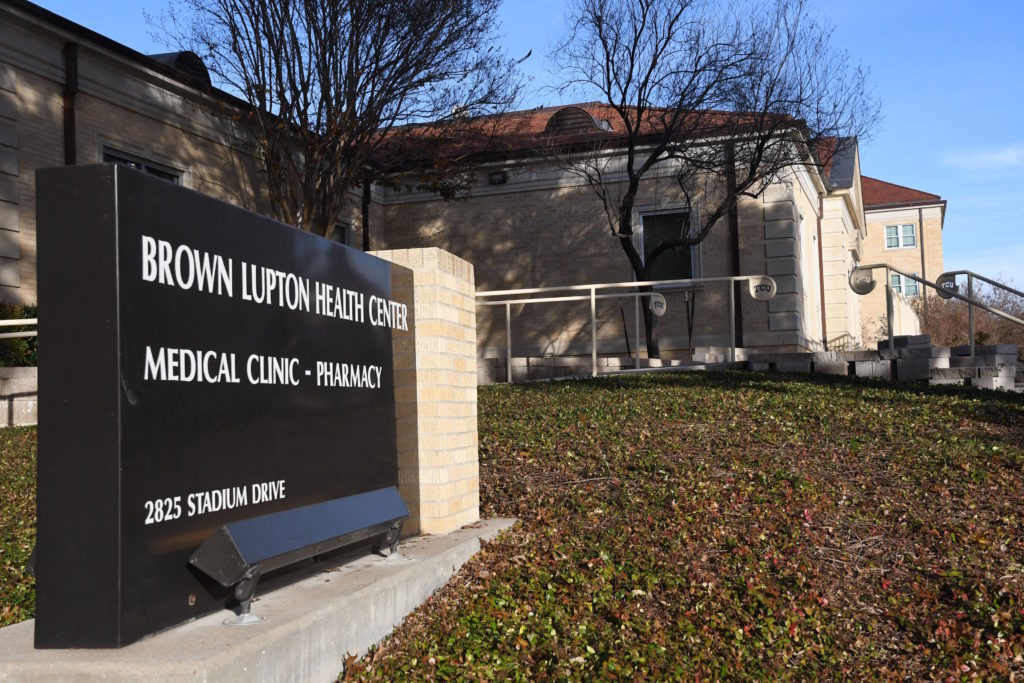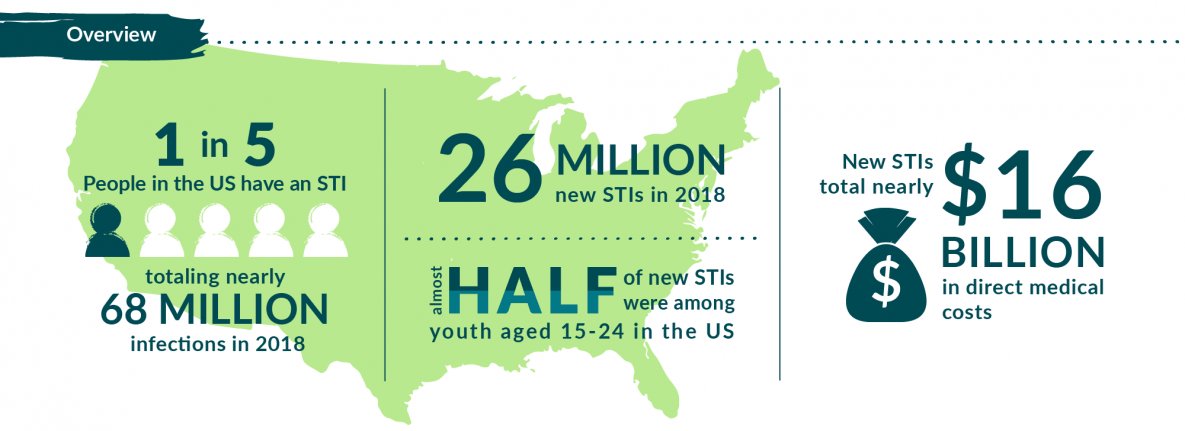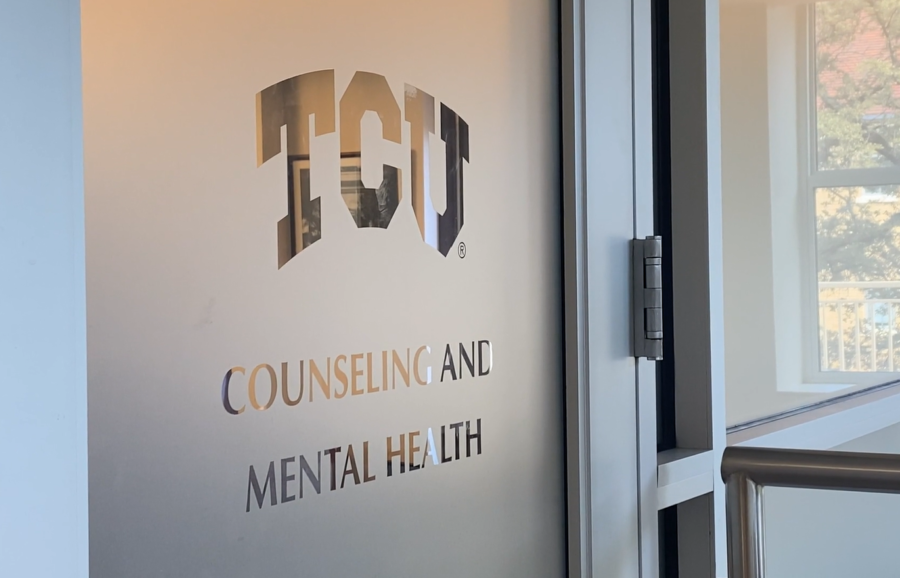Last spring, a rumor dominated conversations across TCU’s campus: a first-year student had contracted HIV and triggered a campus outbreak.
Even though there was no truth to it, TCU medical officials were frustrated not only with the rumor but also with what wasn’t being discussed: how to prevent the spread of STDs.
“There is no such thing as safe sex, just safer sex,” said Ruthie Kested, a physician assistant at the Brown-Lupton Health Center. The health center, which distributes condoms, provides testing and sexual health counseling, is TCU’s first line of defense.
Half of all reported STD cases in the United States involve people ages 15 to 24, according to the Centers for Disease Control and Prevention. The most common STDs seen on college campuses, TCU included, are Human Papillomavirus (HPV), Chlamydia and Gonorrhea.
“Sexually transmitted diseases are commonly spread amongst young people, especially on college campuses,” said Kested, who added that they are on the rise in Texas as well.
Even though STDs are more common in young people than many people believe, there continues to be significant resistance toward testing due to negative stigmas.

Increasing STD awareness and testing is crucial, and the health center is here to help. “We offer asymptomatic testing for all TCU students,” Kested said. “Students can call the health center and set up an appointment anytime. It can be just a lab visit with a nurse, or they can see a provider as well.”
Leaving an STD untreated poses a serious health risk and increases the possibility of infecting others, according to the Tarrant County Public Health Department.
If a TCU student finds that they have contracted an STD, Kested suggests that they make an appointment for testing and treatment at the health center. Additionally, if a student comes in because he or she has been possibly exposed, the clinic will treat them right away, even if they do not have a positive test result yet.

Dr. Kested and the staff at the health center would like to remind students to be mindful, be thoughtful and be smart. “When it comes to sex, it is important to be proactive, not reactive,” Kested added. TCU students should get tested for STDs regularly and use protection such as condoms.
“It is important that we, as TCU, keep repeating this message,” Kested said. “It is crucial as an institution. Safer sex!”











